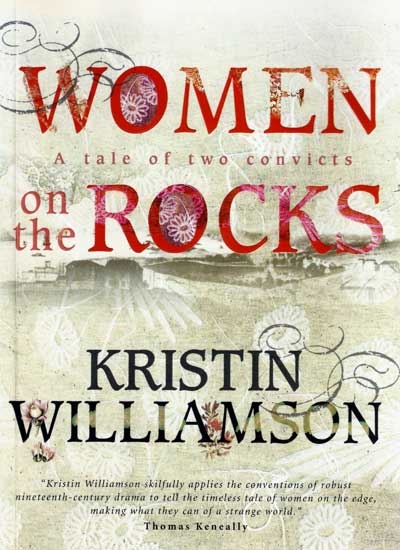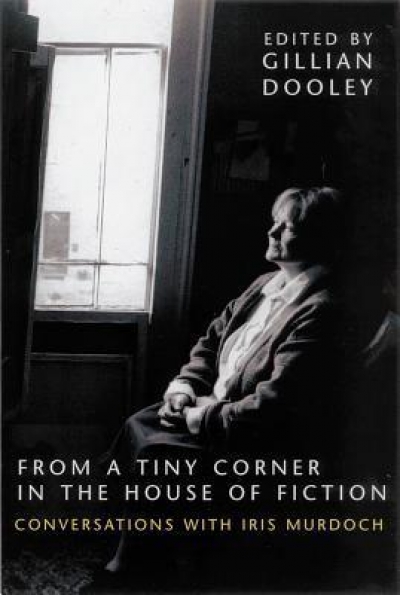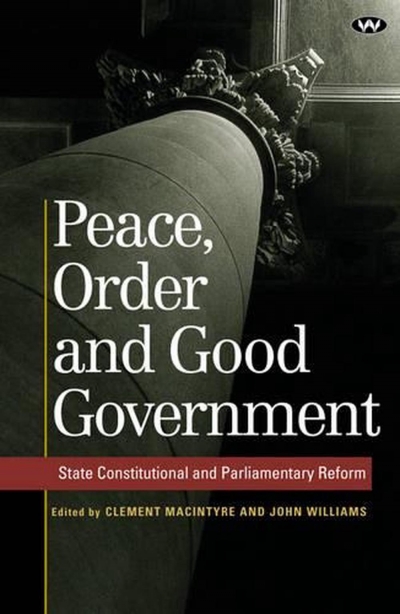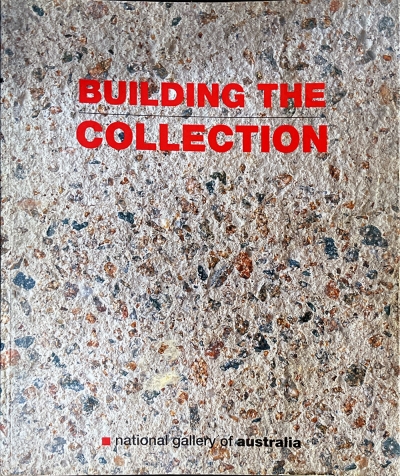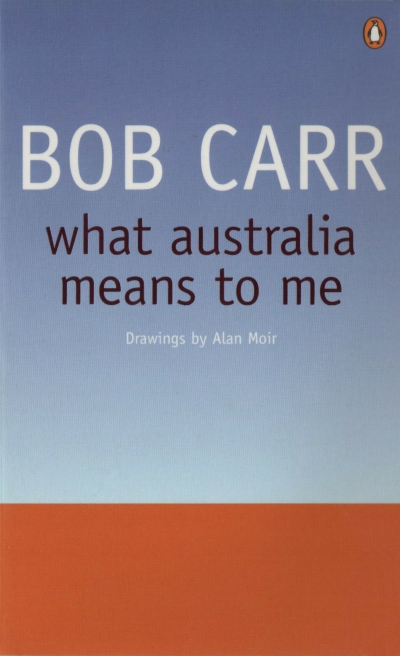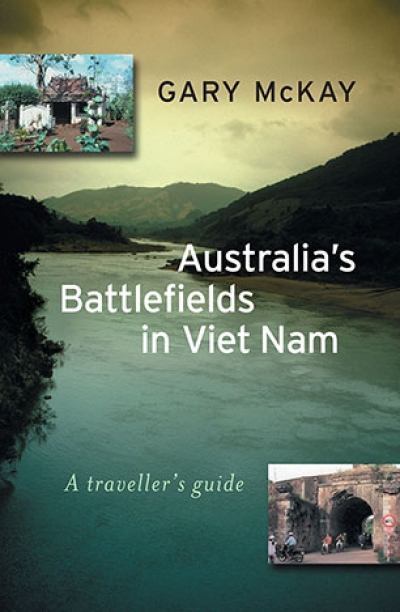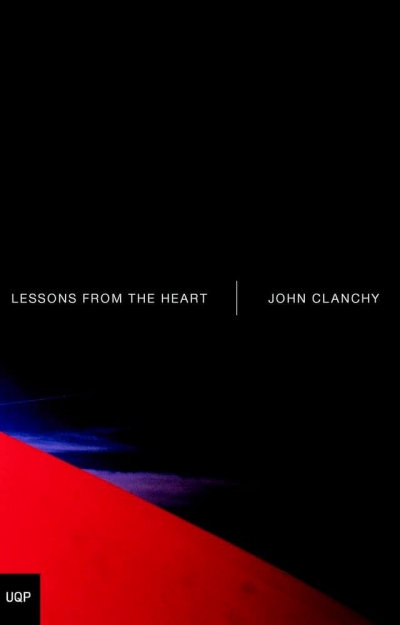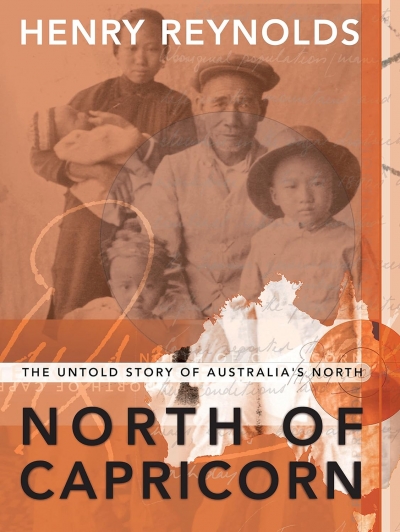Review
Women on the Rocks: A tale of two convicts by Kristin Williamson
by Gillian Dooley •
From a tiny corner in the House of Fiction: Conversations with Iris Murdoch edited by Gillian Dooley
by Andrea Goldsmith •
Peace, Order and Good Government: State Constitutional and Parliamentary Reform edited by Clement Macintyre and John Williams
by Grant Bailey •
What Australia Means to Me by Bob Carr & Bob Carr by Andrew West and Rachel Morris
by Beverley Kingston •
Australia’s Battlefields in Viet Nam by Gary McKay & On the Offensive by Ian McNeill and Ashley Ekins
by Jeffrey Grey •
A Perilous and Fighting Life: : From communist to conservative: The political writings of Professor John Anderson edited by Mark Weblin
by Nathan Hollier •
North of Capricorn: The untold story of Australia’s north by Henry Reynolds
by Nicholas Jose •
The Indigo Book of Modern Australian Sonnets edited by Geoff Page
by Richard King •

